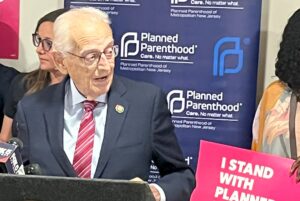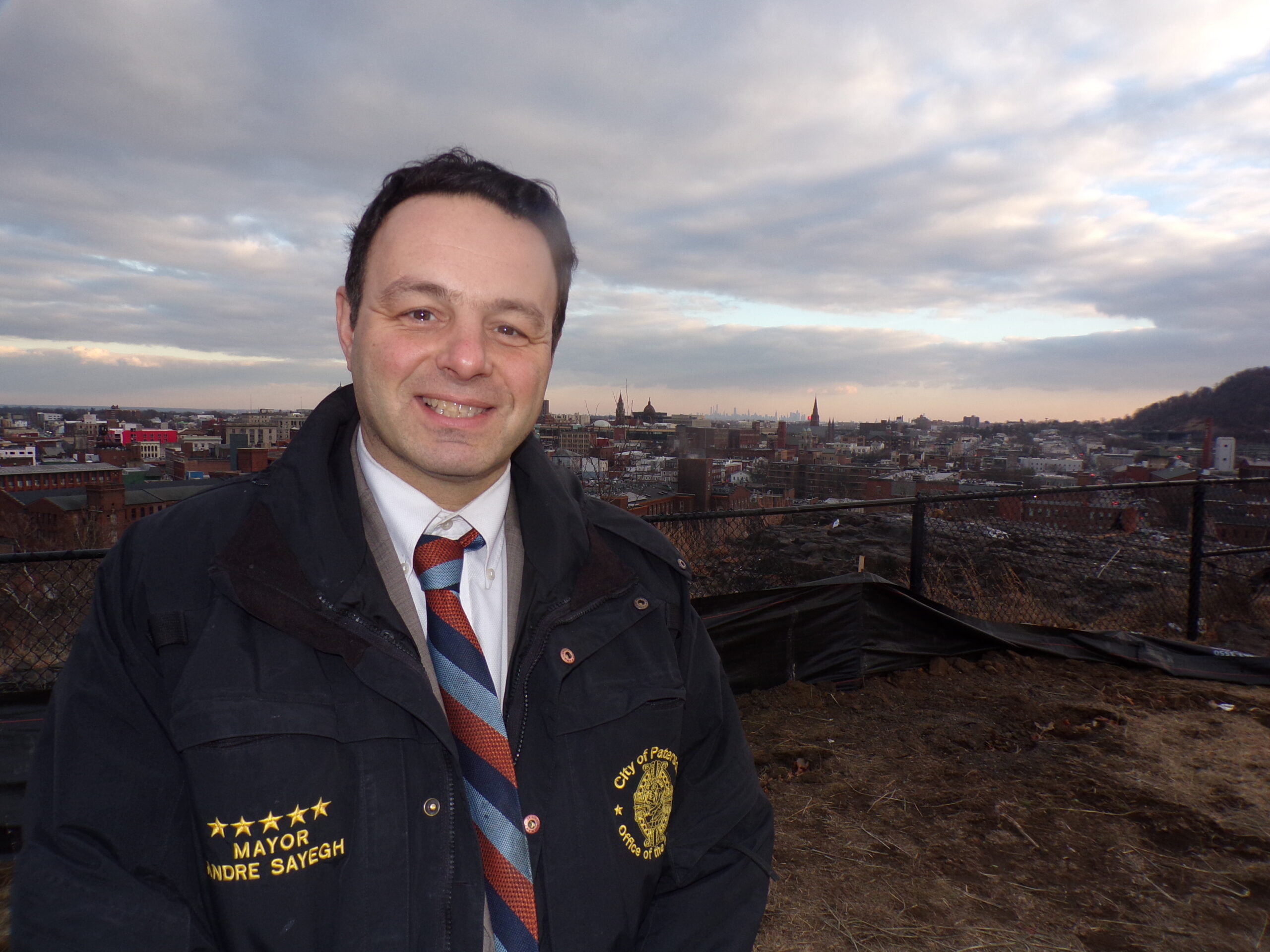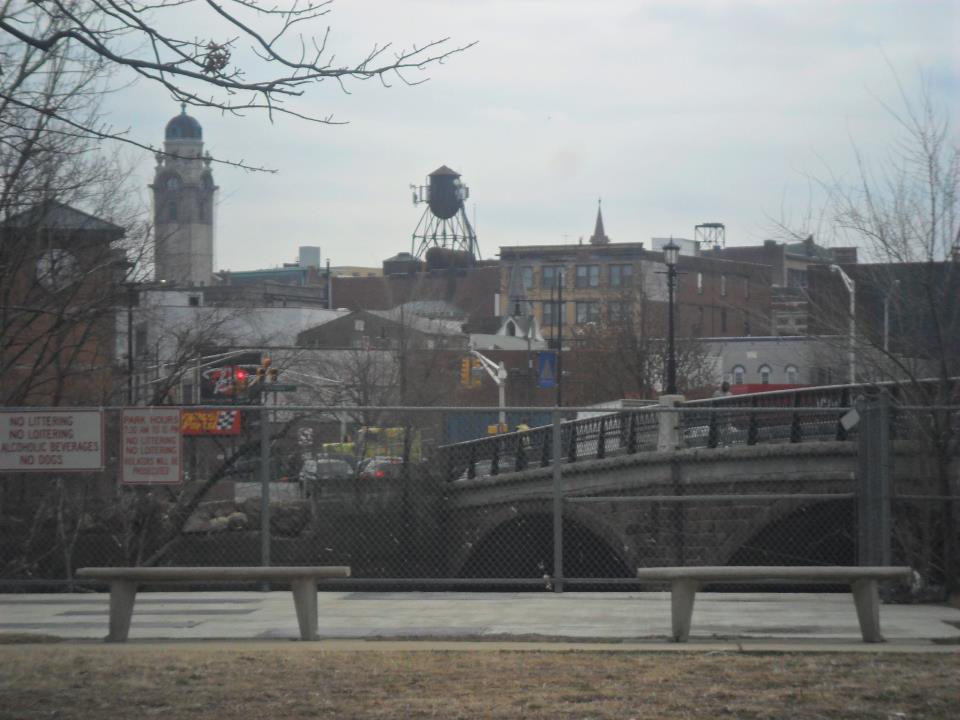Insider NJ: An In-depth Look at the CD-9 Situation during the Israel-Hamas Conflict
The recent Israel-Hamas conflict has garnered international attention and sparked debates on various aspects of the conflict. One particular area that has been closely observed is the situation in New Jersey’s 9th Congressional District (CD-9). As a district with a significant Jewish population, the conflict has had a profound impact on its residents, their political affiliations, and the overall discourse surrounding the conflict.
CD-9, which includes parts of Bergen, Hudson, and Passaic counties, is home to a diverse community with a strong Jewish presence. The district has historically been a Democratic stronghold, with Representative Bill Pascrell Jr. serving as its representative since 1997. However, the Israel-Hamas conflict has presented a unique challenge for Pascrell and his constituents.
The conflict, which erupted in May 2021, saw a surge in violence between Israel and Hamas, the Palestinian militant group controlling the Gaza Strip. The conflict resulted in significant civilian casualties on both sides and raised concerns about human rights violations and disproportionate use of force.
In CD-9, the conflict has led to a deepening divide among residents. While many Jewish constituents expressed solidarity with Israel, there were also vocal segments of the community advocating for a more nuanced approach and calling for an end to violence on both sides. This division has put Representative Pascrell in a delicate position as he tries to navigate the expectations of his constituents while also considering his own stance on the conflict.
Pascrell, known for his progressive views and strong support for Israel in the past, faced pressure from both sides of the debate. Pro-Israel groups urged him to unequivocally support Israel’s right to defend itself against Hamas rocket attacks, while pro-Palestinian activists called for him to condemn what they viewed as Israeli aggression and human rights violations.
The Congressman’s response to the conflict was carefully crafted to strike a balance between these competing interests. Pascrell expressed concern for the loss of innocent lives on both sides and called for an immediate ceasefire. He emphasized the need for a diplomatic solution and urged the Biden administration to play a more active role in de-escalating the situation.
Pascrell’s approach, however, did not satisfy everyone in CD-9. Some constituents felt that his response lacked the unequivocal support for Israel they expected, while others criticized him for not taking a stronger stance against what they perceived as Israeli aggression.
The conflict also had wider implications for the political landscape in CD-9. It reignited discussions about the influence of pro-Israel lobbying groups and their impact on politicians’ positions. Some argued that the conflict highlighted the need for elected officials to be more independent in their decision-making and less influenced by outside pressure.
Additionally, the conflict prompted renewed conversations about the importance of dialogue and understanding between different communities within CD-9. Many organizations and individuals organized virtual town halls, interfaith dialogues, and community events to foster understanding and bridge divides during this challenging time.
As the Israel-Hamas conflict continues to evolve, its impact on CD-9 will likely persist. The conflict has highlighted the complexities of representing a diverse district during times of international crisis. It has also underscored the importance of open dialogue, empathy, and a nuanced understanding of the conflict’s nuances.
Representative Pascrell’s response to the situation in CD-9 serves as a reminder that elected officials face difficult decisions when navigating conflicts that deeply affect their constituents. The Israel-Hamas conflict has undoubtedly left a lasting impact on CD-9, shaping political discourse and community dynamics for years to come.




